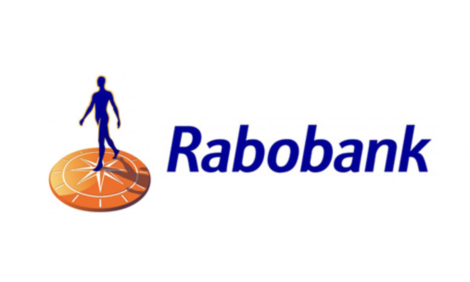



Yoplait to Eliminate rBGH from Product Line
US - General Mills, maker of Yoplait(R), has announced to its hospital customers that it will stop using milk from cattle injected with the growth hormone rBGH (recombinant bovine growth hormone) to make its yoghurt products, beginning in early August 2009.Yoplait is among the first major manufacturer to totally eliminate rBGH from their product line, a move widely seen as a response to demands by the health care sector and consumer groups to provide rBGH-free products.
The health care system purchases approximately $12 billion worth of food and beverages annually. In their drive to serve safer, more sustainable foods, major health systems across the country are switching to rBGH-free (also called rBST) milk and milk products, due to the evidence showing the hormone's adverse effects on animals and potential to harm human health. The use of rBGH in banned in Canada, the European Union, Australia and Japan.
"This speaks to the collective buying power of hospitals to shift the marketplace," said Jamie Harvie, Health Care Without Harm food coordinator. "Now we need Dannon and other milk and milk product producers to show the same leadership."
"This is great news for the health of consumers, communities and the planet," stated Pat Burdullis, R.D Administrator, Non Clinical Contracts, Catholic Healthcare West (CHW) Supply Chain Management, one of the many hospitals across the country that have initiated steps to eliminate their use of dairy produced with rBGH. "To date we are approximately 90 percent rBGH-free in our liquid dairy."
CHW is the largest Catholic health system in the United States and was among many healthcare organisations that sent letters to their suppliers requesting products produced without rBGH.
Upon receiving the news, Diane Imrie, Director of Nutrition Services, Fletcher Allen Health Care, Burlington, Vermont, said: "This is a major act by Yoplait, one which we have asked for and totally support. It is a large step that will help hospitals reach their goal to provide safe, healthy foods to their patients, staff and visitors. I hope that other major brands, like Dannon, will follow their lead."
The American Nurses Association also supports the development of national and state laws, regulations and policies that specifically reduce the use of rBGH or rBST in milk and dairy production in the United States and has called on nurses and hospitals to purchase dairy produced without rBGH. In 2008 HCWH nurses work group developed a rBGH free toolkit and initiated a letter writing campaign demanding that Yoplait and Dannon change their practice.
HCWH has an ambitious healthy food agenda, which includes buying fresh food locally and/or buying certified organic food; avoiding food raised with growth hormones and antibiotics; encouraging group purchasing organizations (GPOs) to support healthy food in healthcare; supporting local farmers and farming organizations; introducing farmers markets and on-site food box programs; reducing food waste; and establishing an overarching food policy at each health facility. More than 200 hospitals have signed the HCWH "Healthy Food in Healthcare Pledge." Signers pledge to work toward developing sustainable food systems in their facilities.
In 2008, Catholic Healthcare West sent a letter to Health Care Without Harm discussing their Sustainable Food Vision and other food-related positions.
Heath Care Without Harm, an international coalition of more than 473 organisations in 52 countries, is working to transform the health care sector, without compromising patient safety or care, so that it is ecologically sustainable and no longer a source of harm to public health and the environment.
TheCattleSite News Desk


